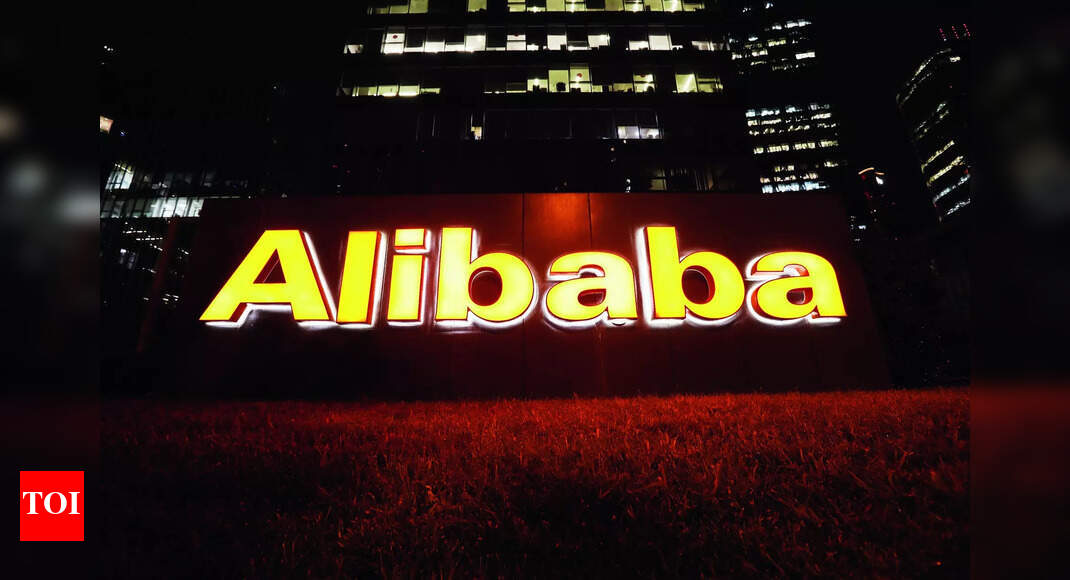China’s biggest cloud-computing company, Alibaba, has developed an AI chip in a move to address the supply gaps created after Nvidia faced regulatory barriers for selling its most advanced products in China. This comes as Chinese chip companies are building their arsenal of homegrown technology as the Chinese government pushes to win the global AI race against the US. However, industry insiders say that China still has to do a lot more to rival the most advanced American products, a report by the Wall Street Journal said. Nevertheless, Chinese companies are actively developing substitutes for Nvidia’s H20 chip, which is currently the most powerful AI processor Nvidia is permitted to sell in China.This comes even after President Donald Trump in July allowed Nvidia to resume H20 exports to China, a decision swiftly followed by Beijing advising domestic companies to temporarily refrain from purchasing these chips, citing potential security risks that Nvidia denies.
Other Chinese players ramp up homegrown AI chip development
While previous cloud-computing chips developed by Alibaba were often designed for specific applications, their new chip, currently in testing, is engineered to serve a broader range of AI inference tasks. Crucially, this new chip is being manufactured by a Chinese company, a significant departure from an earlier Alibaba AI processor fabricated by Taiwan Semiconductor Manufacturing (TSMC), which the US has since blocked from producing leading-edge AI chips for China.In July, Shanghai-based MetaX rolled out a new chip that it claims can serve as a direct replacement for the H20. This MetaX chip gets bigger memory than the H20, enhancing its power for certain AI tasks, though it consumes more electricity. MetaX announced on Wednesday that it is preparing for mass production of this chip.Another aspiring Nvidia rival, Beijing-based AI-chip designer Cambricon Technologies, said that it has received strong orders for its AI-chip Siyuan 590. Earlier this year, Huawei also showcased a computing system that integrates 384 Ascend chips. Some analysts have suggested that this machine, despite being a power hog, demonstrated superior performance on certain metrics compared to Nvidia’s top-of-the-line system, which contains 72 Blackwell chips.

